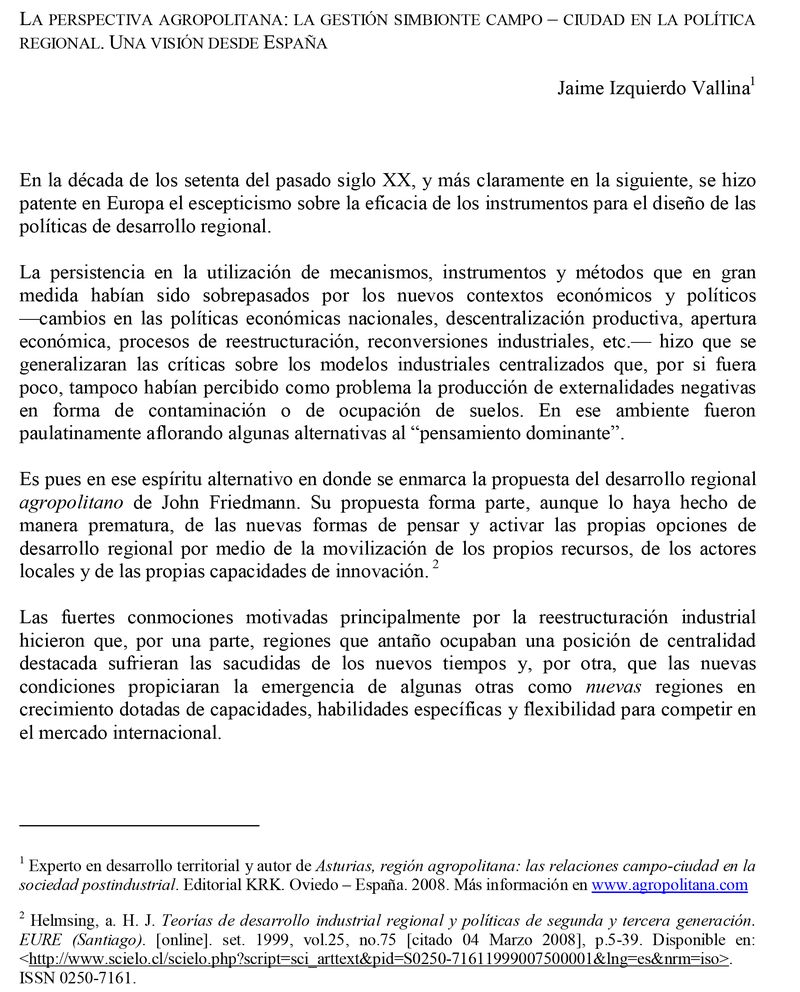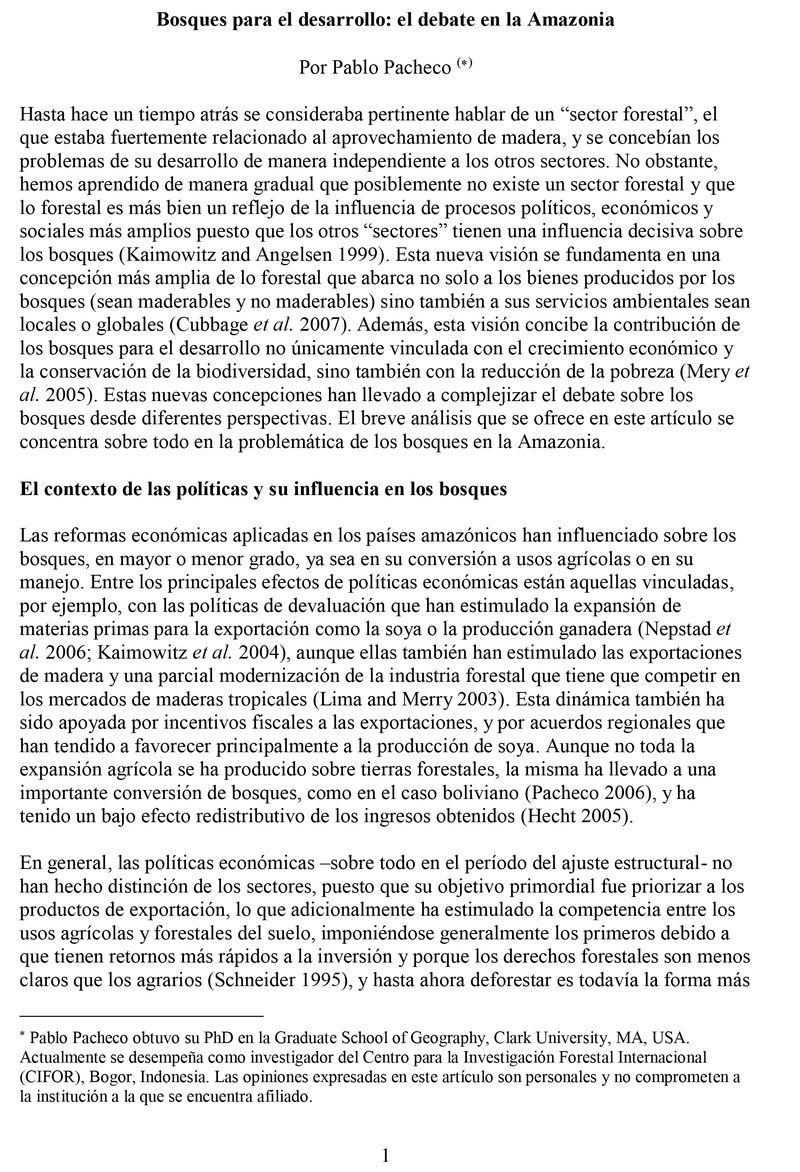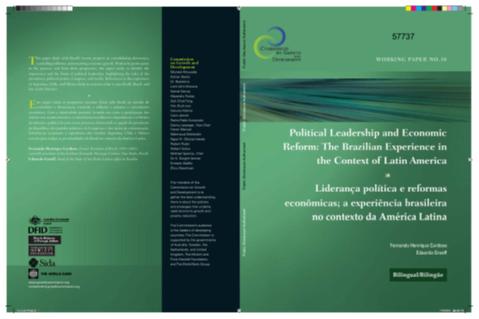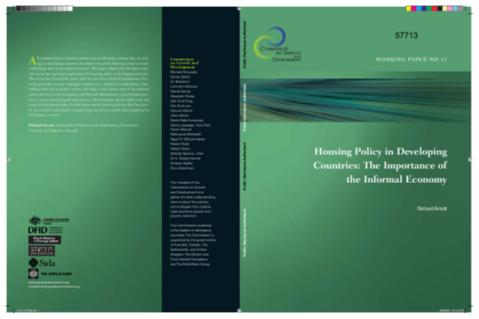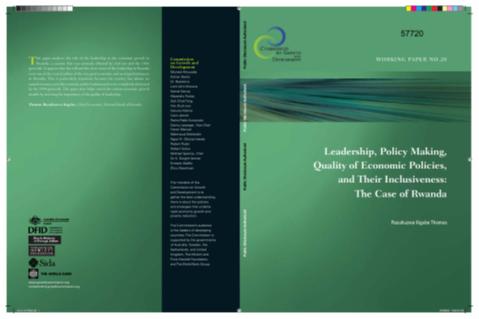Agenda 2009 del desarrollo rural en Bolivia
Agenda 2009 del desarrollo rural en Bolivia
*Oscar Bazoberry Chali
El año 2009 se inició para Bolivia con el estreno de Constitución Política del Estado, habiendo sido ésta votada el 25 de enero y promulgada el nueve de febrero. La nueva Constitución incorpora un título denominado Desarrollo Rural Integral Sustentable.


